Tesla Shareholders Confirm Musk's Money

Tesla investors approved an incentive package on Wednesday that could ultimately net CEO Elon Musk around $56 billion. There is a catch, however. He has to elevate the company’s share price to almost comically high levels. Having already covered the deal, we noted some opposition from analysts, but not shareholders — all of whom seem overwhelmingly happy to oblige Musk if he improves their wealth, as well.
Investment advisor Glass Lewis & Co. said offering the CEO an additional 12 percent in stock options (currently valued at around $2.6 billion) was unnecessary since he is already a major shareholder and the move could dilute value for other investors. But most agreed Musk was too important to risk losing and agreed to the package to keep him in charge of the company, despite Musk stating this was his intent all along.
Whether or not Musk sees the big $55.8-billion payday is up to him and chance, however. He doesn’t reap the rewards of the package until Tesla nearly doubles its present market cap. After it hits the $100 billion mark, he becomes eligible for the stock options — which are split into 12 tranches separated by $50 billion. If Musk manages to elevate the market cap to the astronomical goal of $650 billion, he gets the whole hog. If he doesn’t break the initial barrier of $100 billion, he gets nothing.
According to Reuters, shareholders approved the compensation package on Wednesday during a special shareholder’s meeting in Fremont, California. As the final tally is not yet official, the source did not specify the number of votes for or against. But Tesla should make an announcement soon.
Is it a smart plan? We’re not day traders or market analysts, so we cannot say anything with supreme authority. But Musk has certainly been good for the company’s share price thus far. Under his leadership, its valuation has increased tenfold since 2013 and investors hope he can do the same over the next ten years. Still, a market cap of $650 billion would make Tesla one of the highest-valued companies in existence and might be unrealistic.
Ideally, Musk’s reward would be linked to a handful of reasonable production goals, too. Tesla is still having trouble meeting Model 3 volume targets and, while the automaker promises production will be on track before the end of the month, it’d be nice to have some assurance that it was a priority. Tesla is an innovative organization and great at grabbing attention, but its productivity (or lack thereof) will eventually influence its share price. The Model 3 has to nudge the company into profitability if Tesla wants 10 years of unbridled gains on Wall Street.
Then again, there are plenty of tech companies with ludicrously high stock valuations that only occasionally operate in the black (like Amazon) or hardly ever left the red (like Twitter). Furthermore, while overall profitability remains important for automakers, it isn’t like the old days. Making money isn’t enough; there’s also an increasing emphasis on bolstering a company’s share price.
If you don’t believe us, just ask Elon Musk or Mark Fields. The former runs a currently unprofitable business with a perpetually rising stock valuation while the latter oversaw a profitable automaker for three years and was fired because investors weren’t happy with the company’s declining share price.
[Image: OnInnovation/ Flickr ( CC BY-ND 2.0)]

A staunch consumer advocate tracking industry trends and regulation. Before joining TTAC, Matt spent a decade working for marketing and research firms based in NYC. Clients included several of the world’s largest automakers, global tire brands, and aftermarket part suppliers. Dissatisfied with the corporate world and resentful of having to wear suits everyday, he pivoted to writing about cars. Since then, that man has become an ardent supporter of the right-to-repair movement, been interviewed on the auto industry by national radio broadcasts, driven more rental cars than anyone ever should, participated in amateur rallying events, and received the requisite minimum training as sanctioned by the SCCA. Handy with a wrench, Matt grew up surrounded by Detroit auto workers and managed to get a pizza delivery job before he was legally eligible. He later found himself driving box trucks through Manhattan, guaranteeing future sympathy for actual truckers. He continues to conduct research pertaining to the automotive sector as an independent contractor and has since moved back to his native Michigan, closer to where the cars are born. A contrarian, Matt claims to prefer understeer — stating that front and all-wheel drive vehicles cater best to his driving style.
More by Matt Posky
Latest Car Reviews
Read moreLatest Product Reviews
Read moreRecent Comments
- Corey Lewis It's not competitive against others in the class, as my review discussed. https://www.thetruthaboutcars.com/cars/chevrolet/rental-review-the-2023-chevrolet-malibu-last-domestic-midsize-standing-44502760
- Turbo Is Black Magic My wife had one of these back in 06, did a ton of work to it… supercharger, full exhaust, full suspension.. it was a blast to drive even though it was still hilariously slow. Great for drive in nights, open the hatch fold the seats flat and just relax.Also this thing is a great example of how far we have come in crash safety even since just 2005… go look at these old crash tests now and I cringe at what a modern electric tank would do to this thing.
- MaintenanceCosts Whenever the topic of the xB comes up…Me: "The style is fun. The combination of the box shape and the aggressive detailing is very JDM."Wife: "Those are ghetto."Me: "They're smaller than a Corolla outside and have the space of a RAV4 inside."Wife: "Those are ghetto."Me: "They're kind of fun to drive with a stick."Wife: "Those are ghetto."It's one of a few cars (including its fellow box, the Ford Flex) on which we will just never see eye to eye.
- Oberkanone The alternative is a more expensive SUV. Yes, it will be missed.
- Ajla I did like this one.



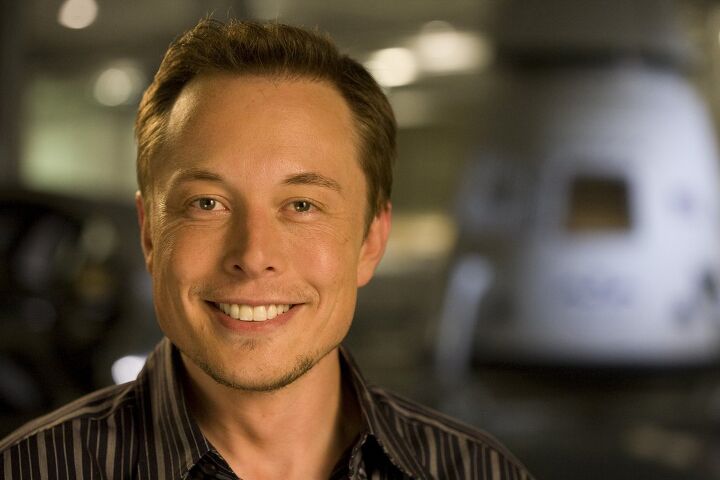















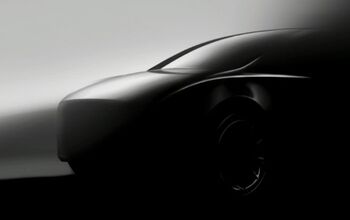
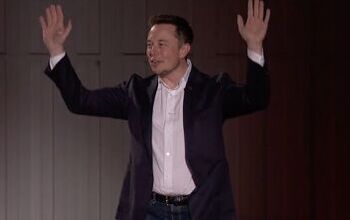
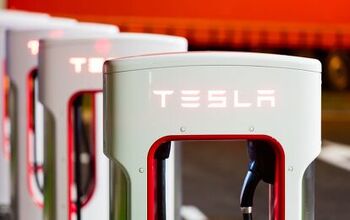
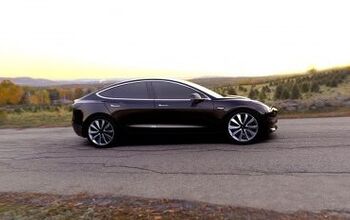



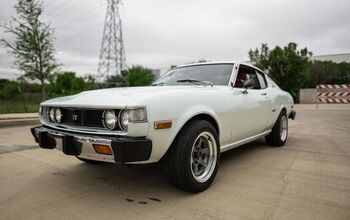
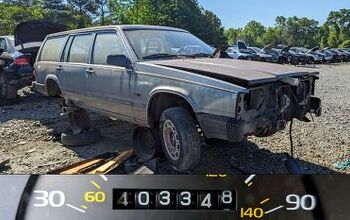






Comments
Join the conversation
Simpletonian hero worship is a common feature of all late stage financialized dystopias. As the ratio of money chasing paper to money chasing product get ever more lopsided, productivity related metrics, along with ability and competence in general, largely ceases to matter. To be replaced by familiar, well hyped faces. Which those whose sole qualification is closeness to the money printers, have been told are "good investments." Musk may well be a genius at auto making. Or he may be a dolt. Most likely he is, like most people, somewhere in the middle. None of which matters one whit. Like the Kardashians, he is famous for being famous. Only with a group of people who get their entertainment from buying and comparing paper, rather than booty and petty intrigues.
For someone who has taken $500 million in taxpayer money and has repeatedly promised the moon (or is that Mars) and delivered virtually nothing of note, this guy should be making $1 until he gets his company to produce. Right now his products are shoddy, expensive, and you can't buy what he promises.